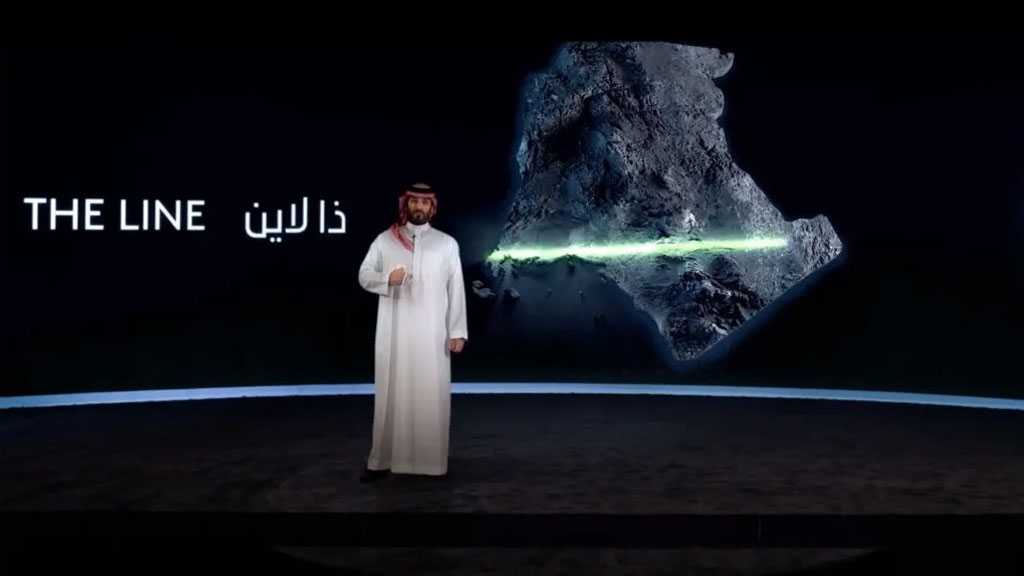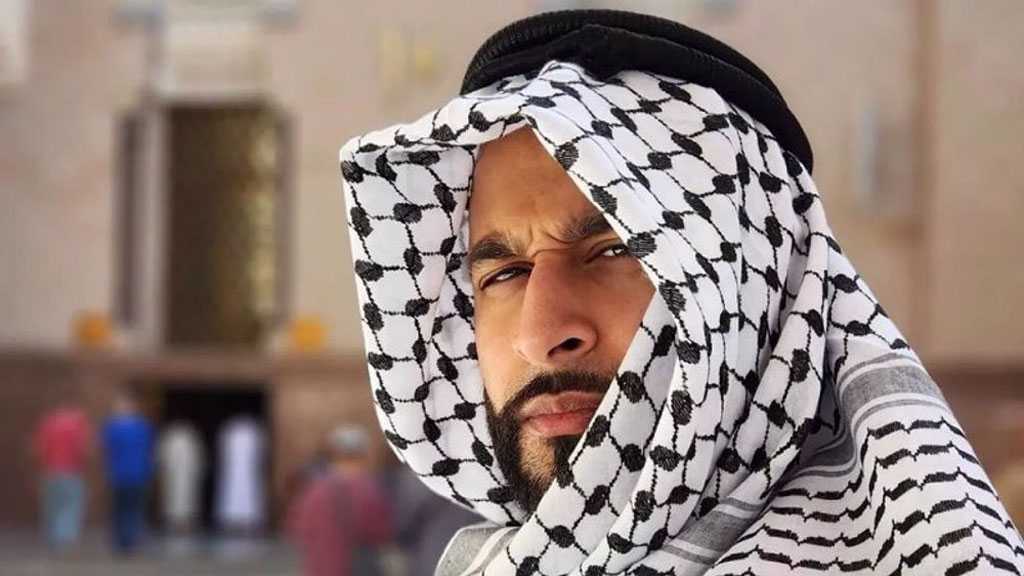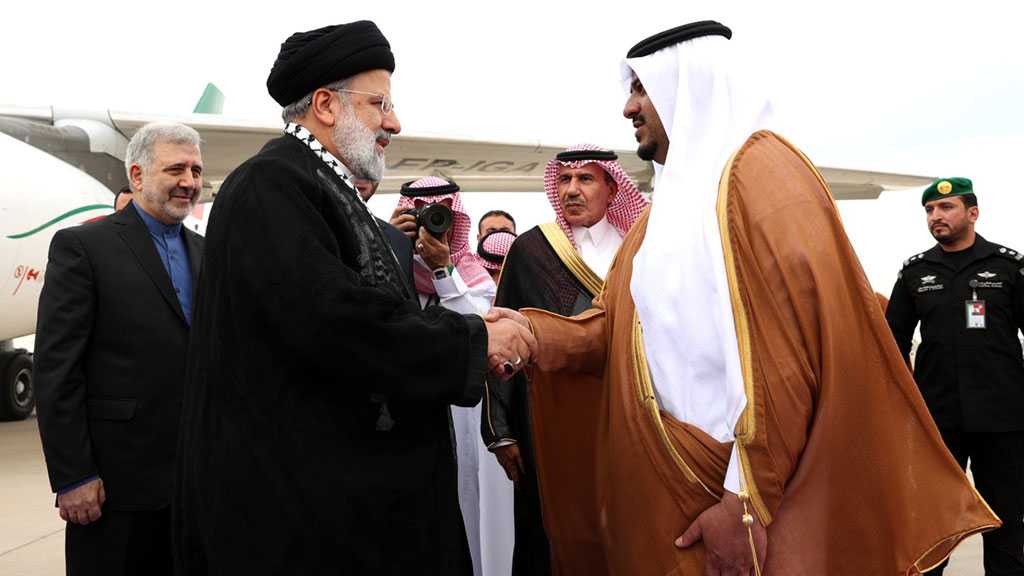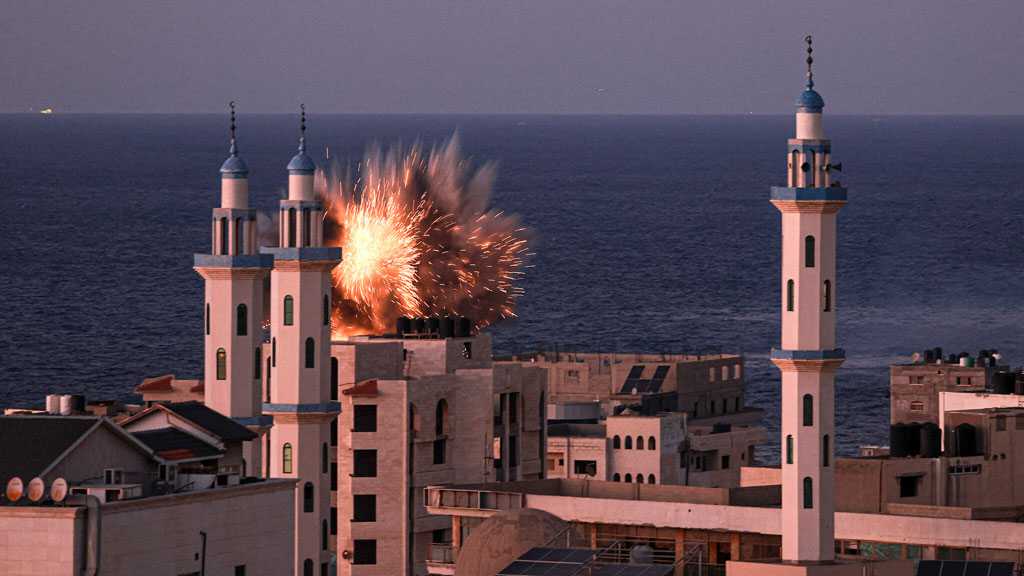La Liga Chief: Saudi Arabia Uses Sports to «Whitewash» Reputation
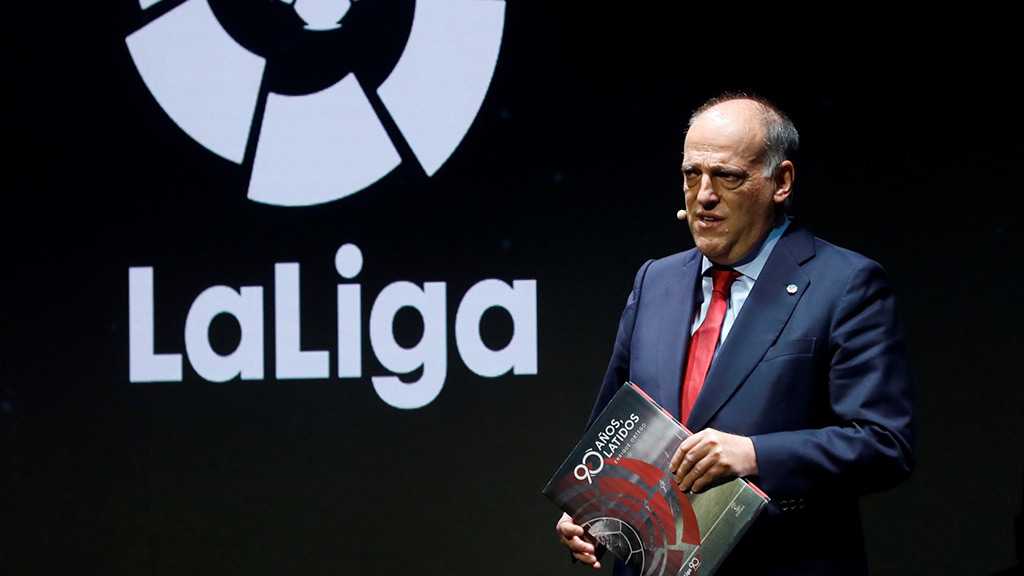
By Staff, Agencies
Spanish league president Javier Tebas criticized football’s relationship with states seeking to “whitewash” their image, as he questioned the Spanish federation’s staging of the Super Cup in Saudi Arabia, referencing the murder of Jamal Khashoggi.
Tebas was speaking in a wide-ranging briefing at the launch of La Liga’s new TV station in London last Wednesday. Expressing his enthusiasm for the competition’s “over-the-top” media format, and promoting its qualities, he spoke most candidly on potential consequences on all that of a new Club World Cup.
Elsewhere in his remarks, Tebas raised questions about football’s relationship with oil states, and particularly the recent staging of the Spanish Super Cup in Riyadh.
“The Saudi Arabian government has a policy whereby they improve the image of the government through sport, whitewashing their image and we all have a responsibility there,” Tebas said.
“One thing is to sell our broadcasting rights and the other thing is to go to that country where there are issues around human rights. We should not forget what happened in the Turkish embassy 18 months ago with another journalist [Jamal Khashoggi]. We should not forget these things. This happened in an embassy, not a bar and this is very serious, at least in my opinion. Money is not the only thing that matters,” Tebas added.
To Tebas, the kingdom, despite its high-profile campaign to rebrand itself as a modern and tolerant society led by a youthful crown prince, should not be permitted to use international sporting events to mask its record of human rights abuses.
“The idea of having a game there was very unfortunate because of the human rights issue and also what happened in that embassy. We are talking about going to a country to host different sporting events, sporting events that are very popular and are broadcasted and this is something different. It is not the same as maybe a British company that is going to build a metro line there. Building a railway line in Riyadh will not impact human rights but we are talking about whitewashing the image of a country. The money they paid for the Super Cup I’m sure they must have lost money, millions of Euros.”
Meanwhile, the Spanish soccer federation had struck a three-year deal with Saudi authorities worth 120 million euros [$133 million] to turn what was once a one-game event into a four-team tournament, and to crown its champion in the kingdom.
The federation, he said, had simply followed the trail of new money, and had brought the teams along for the ride.
“The bottom line is football has become a business and as a business it looks for income,” Barcelona’s since-fired coach, Ernesto Valverde, had said upon arriving in Riyadh for the semifinals. “That’s the reason we are all here.”
To Tebas, however, Spain’s soccer federation had allowed itself and La Liga’s biggest teams to be used in what he labeled reputation laundering. The games, he noted, were played barely a year after operatives from Saudi Arabia flew to Istanbul and, according to Turkish officials, brutally murdered a dissident journalist, Jamal Khashoggi, inside the Saudi embassy there.
“We should not forget what happened,” Tebas said.
“This is very serious,’’ he added. “Money is not the only thing that matters.”
Tebas’s anger at the Spanish federation’s agreement with Saudi Arabia was financial, too. He has been among the most-outspoken sports executives protesting the continued presence in Saudi Arabia of what has been called the largest and most sophisticated broadcast piracy operation in the world.
A series of independent studies have concluded that a Saudi-based channel named BeoutQ has been stealing and airing lucrative sports properties, including La Liga games, whose rights are owned by Qatar-based beIN Sports.
As Saudi Arabia continues to deny that it is hosting the network, despite mounting evidence to the contrary, organizations like La Liga and England’s Premier League and even soccer governing bodies like UEFA and FIFA have found tackling the issue almost impossible, mainly because lawyers in Saudi Arabia have refused to take on them on as clients.
“They were pirating the signal and there were institutions linked to the actual government,” Tebas said of Saudi Arabian broadcasters. “They are still favoring actions that go against our property. And the wealth we are generating, we cannot have that wealth going there.”

